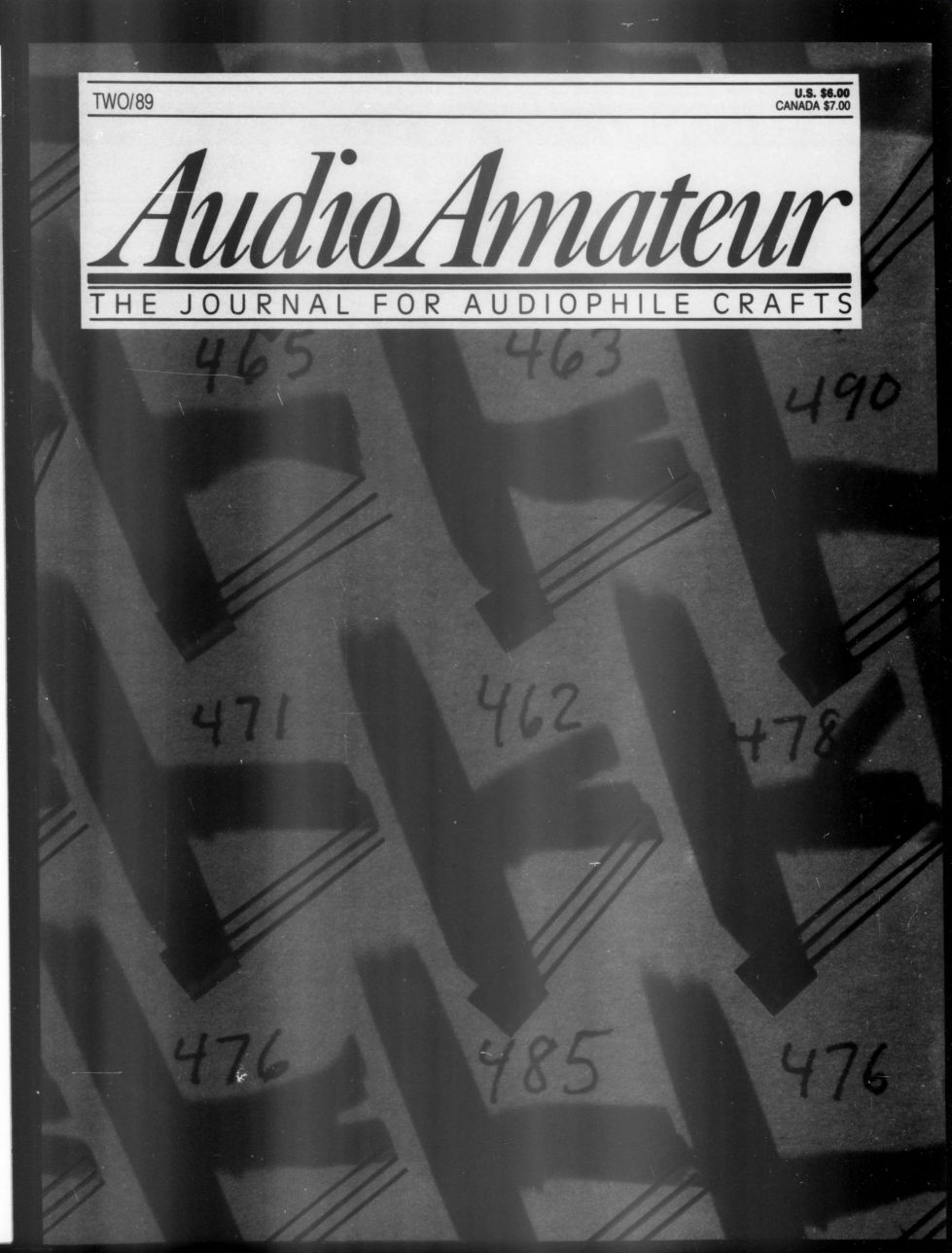
I have spent a lot of time and effort in these pages pointing out serious problems in the Postal Service that directly affect our ability to communicate with each other. I have done so out of necessity and not because I particularly like to. My mail tells me that some of you are not taking me seriously-even when the Postal Service loses your magazine. Many of you are still of the opinion that we must be the problem-and you expect us to provide the answer.
The answer, unfortunately, is a higher cost to every subscriber to this magazine. The reason: we must replace the magazines that are lost every time we mail an edition. These are sometimes destroyed or mis-delivered by the Postal Service, or your own mailbox is not secure enough to keep others from stealing your periodicals.
This latter problem happens mostly in apartment buildings and college dormitories. But in every case, we bear the burden of providing replacement copies-at our-and ultimately-your-expense. It should be fairly obvious that if our cost of doing business goes up, subscription costs must inevitably go up-and in this case needlessly.
We do not anticipate a rate increase in the near term, but our costs because of Postal Service mismanagement continue to rise and eventually, will make this and all other magazines more expensive for all readers.
For some time most magazine publishers have been considering and implementing a bagging program at an additional cost with the hope that we might be able to deliver your magazines in better condition, and also include other items such as catalogs to ride along with the magazine at a lower cost to you and to the vendor. Now Postal Service officials have decided that anything other than the magazine which is included must be paid for at full rates for the class of items enclosed. This means the Postal Service wishes to be paid twice, three or four times for delivering the same package. This has already had the effect of increasing, yet again, the cost of mailing and the quantity of items the Postal Service must deliver every day. Chalk up another triumph for bureaucratic insensitivity to reasonable business practice.

Now, yet another threat to your ability to buy magazines and other mail order products has arisen.
A coalition of members of the US Congress are considering bills that would require many mail order dealers in all states to collect the sales tax imposed by the customer ’s state. Forty-five states plus the District of Columbia now have sales taxes. Fortunately for us, the people of New Hampshire know that once you allow your state legislators to impose a sales tax, they will never un-impose it. There is always something on which to spend the money.
Now, understandably, those states with sales taxes would like to have all vendors collect those taxes for them in all the states where their citizens buy goods of any kind.
This would mean that our company would have to know what items were taxable in each sales-taxing state and what the rate is for each item in each state. We would be required to add such tax charges to bills, then keep track of the tax account for every one of the 46 states and send a quarterly check to remit the taxes collected. The states all have different report forms that must accompany the remittances.
Those mail order firms large enough to computerize this proposed change will most certainly have to increase prices to offset the additional work-and you will pay that bill, which decreases your purchasing power. The cost of collecting these taxes by mail may well be as much as 10 percent higher than the cost to a local vendor who sells directly to a customer over the counter.
Many smaller firms will be unable to carry that kind of overhead for the amount of business they do nationally and will either shrink to doing business locally only, or go out of business altogether.
The law will require enforcement. That, in the best of situations, will be difficult and expensive. The number of inspectors required and the documentation and investigative tools they will need are simply gigantic. And all that adds up to a serious reduction in the realized revenue.
Some have raised serious doubts about the constitutionality of the proposed law. The Supreme Court has already ruled that no state may tax a business wholly located in another state. Some in Congress wish to change that. If they do so, precedent will be established for some 7,000 cities to begin requiring that mail-order houses collect their taxes for them as well.
As usual, the answer lies with those most affected by such legislation. If the proposed Brooks/Dorgan legislation is passed, every time you order anything by mail you will need to answer the following questions: What state tax is applicable? Is the item taxable in that state? What is the rate? How much tax is due? How much should I write my check for? If I am ordering a gift for my Aunt Suzie in Wisconsin, what tax must I pay on a gift of shoes-which may be taxable sportswear or may be untaxed clothing? If you are concerned about the matter, let your congressional representative know what you think. As I write this, the proposed legislation is still in commit tee. I believe this is one more effort to extend the taxing power of the several states. There must be better ways for the states to find revenue. Let your Representative or Senator know what you think about Brooks/Dorgan.
-E.T.D.
Reminder Audio Amateur 3/89 due out in August
Also see:
Link | --A SIMPLE HIGH-QUALITY CD OUTPUT AMP, By Jan Didden
AC SENSING CONTROL, By LB. Dalzell